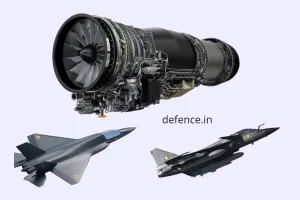- Views: 615
- Replies: 2
In a major step towards strengthening India-US civil nuclear cooperation, the United States has announced its intention to remove several Indian companies from its restricted 'entities list'. This move aims to dismantle decades-old barriers that have hindered nuclear trade between the two nations.
US National Security Adviser Jake Sullivan, speaking at the Indian Institute of Technology, Delhi, confirmed that the US is finalizing the steps to eliminate these long-standing regulations. "Today, I can announce that the United States is now finalizing the necessary steps to remove long-standing regulations that have prevented civil nuclear cooperation between India's leading nuclear entities and US companies," Sullivan stated.
This development is crucial as it opens avenues for increased collaboration in the nuclear sector. Indian entities previously restricted from engaging with US firms will now be able to participate in civil nuclear projects. The removal from the 'entities list' will facilitate not only commercial engagements but also collaborations in technological and scientific research, enhancing both countries' capabilities in nuclear energy.
Sullivan further elaborated on the potential of this move, stating, "The paperwork will be done soon, but this will be an opportunity to turn the page on some of the frictions of the past and create opportunities for entities that have been on restricted lists in the United States to come off those lists and enter into deep collaboration with the United States, with our private sector, scientists, and technologists to move civil nuclear cooperation forward together."
This announcement comes as India seeks to expand its nuclear energy capacity to meet its growing energy demands and achieve a significant share of non-fossil fuel energy by 2030. The US decision to lift these restrictions could lead to a surge in investment and technology transfer in the nuclear sector, potentially worth billions, involving both Indian and American companies.
The cooperation is expected to extend beyond trade to include advancements in safety protocols, reactor technology, and the integration of small modular reactors (SMRs), identified as a future area of interest by both nations. This step signifies a deepening of the strategic partnership between India and the US and aligns with global efforts towards sustainable energy sources.


